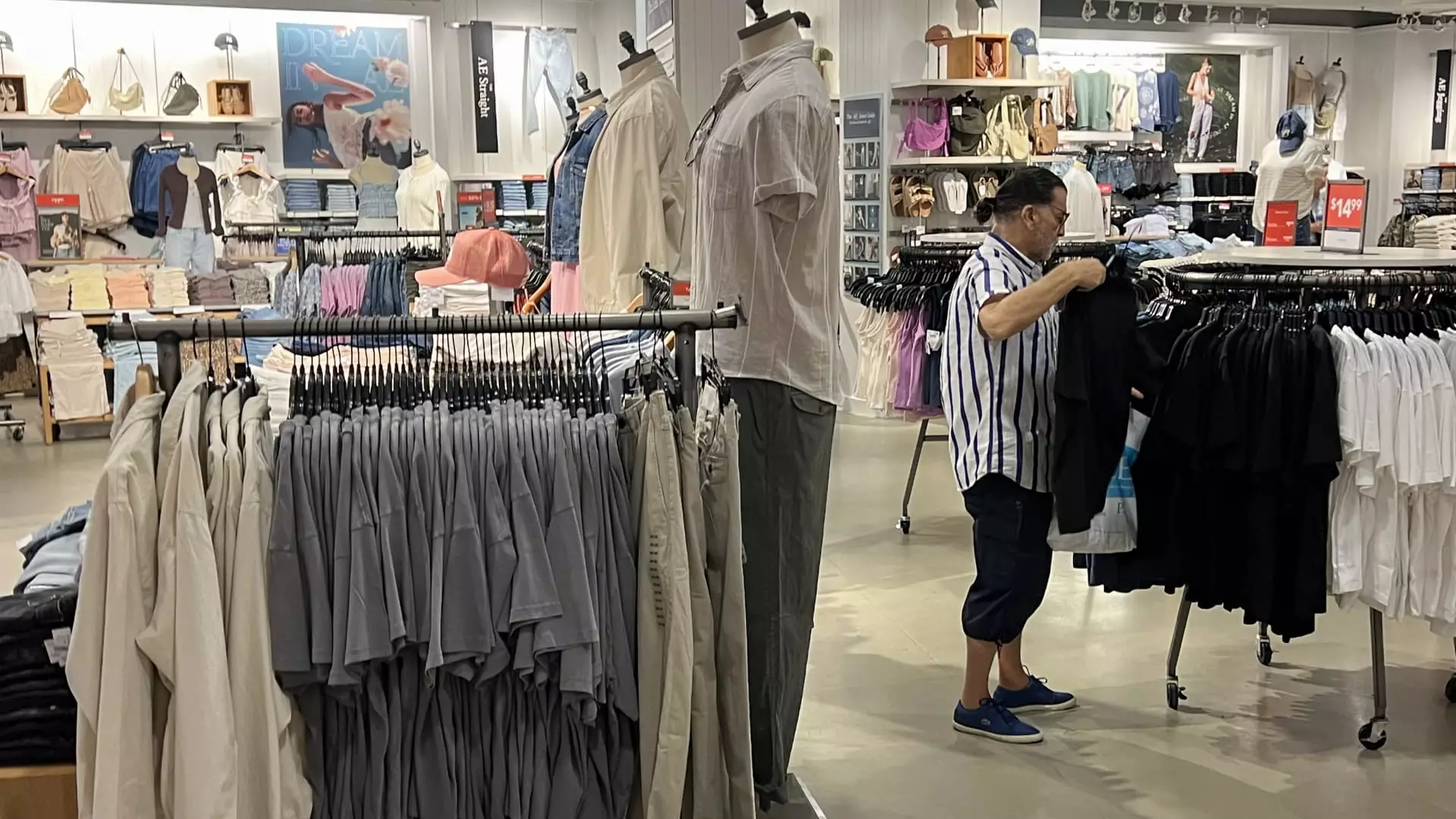In a world that once glorified excess, emerging trends indicate a striking shift towards minimalism in consumer behavior. Recent studies paint a clear picture: Americans are exhibiting a growing awareness and readiness to curtail their extravagant spending habits amid increasing economic uncertainties. Traditional views on consumerism are being challenged, marking a potential pivot point in American spending culture. Influential figures, including former President Donald Trump, have even suggested that a shift towards embracing less might be necessary for a healthier financial outlook. The statement, “They can have five pencils,” captures a sentiment that resonates with the ongoing economic dialogue—less can indeed be more.
Impact of Financial Pressures on Consumer Choices
A study conducted by Intuit Credit Karma reveals that a remarkable 83% of consumers are contemplating scaling back on non-essential purchases if the fiscal landscape deteriorates further. This is corroborated by a Bankrate report, which indicates that over half of American adults are already planning to spend less on leisure activities like travel and dining in comparison to previous years. Such insights suggest that the pervasive fear of financial instability is prompting consumers to reevaluate their priorities. Ted Rossman, a senior industry analyst at Bankrate, astutely observes that “it sort of feels like something has to give.” This acknowledgment underscores the significant toll that economic upheaval is taking on American households.
The Resilience Factor
Despite lingering worries, consumer spending has historically been viewed as the driving force behind the U.S. economy. Jack Kleinhenz, chief economist of the National Retail Federation, posits that even with elevated tariff uncertainties, consumer behavior has miraculously sustained growth. While some may argue that this resilience is commendable, it’s essential to scrutinize its sustainability in the face of mounting pressures like inflation and rising interest rates. Kleinhenz’s observation regarding a “pivot point” indicates that although consumer spending has not dramatically faltered, a fragile balance exists that could easily tip into a recession if consumer sentiment deteriorates further.
The Strained American Household
The current economic climate has become a breeding ground for anxiety, fostering a cautious approach to spending. A measure of consumer expectations reveals a significant downward trend, with the Conference Board’s expectations index hitting lows not seen since 2011. The University of Michigan’s consumer survey further confirms this unease, recording its second-lowest sentiment score in decades. Coupled with the resumption of federal student loan collections and rapidly increasing credit card debt, it’s clear that financially strained households are grappling with complex pressures. Rossman highlights how the cumulative effects of inflation and high interest rates have amplified anxiety about financial preparedness. This serves as a rallying cry to address the financial literacy gap prevalent among American consumers.
The Reality of Everyday Financial Thinking
Interestingly, nearly half of U.S. adults—47%—now report that they contemplate their financial preparedness regularly. This phenomenon underscores a transformative mindset shift, with more individuals recognizing the importance of financial savvy in navigating times of economic turbulence. This persistent mental engagement with financial matters illustrates a collective departure from the traditional mindset of consumerism founded on abundance. Instead, it represents a growing consciousness toward living with less—a lifestyle choice that could breathe new life into notions of financial responsibility and sustainability.
This journey toward minimalism amid economic distress isn’t merely a practice of cutting back or living conservatively; it reflects a deeper cultural transformation. As Americans grapple with uncertainties, the call to embrace less symbolizes a broader awakening to the importance of living within one’s means. This paradigm shift could potentially lead to a renaissance of values centered around sustainability, prioritizing quality over quantity while fostering healthier financial ecosystems. In these testing times, it is the mindful consumer who may pave the way for future economic stability.

Leave a Reply